In September a facility run by WasteCare and the BatteryBack compliance scheme, announced last year, is due to start processing alkaline batteries in Halifax, Yorkshire.
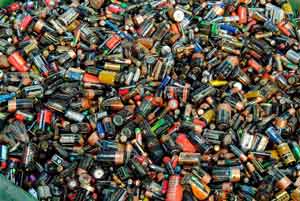
The Belmont Trading plant will be developed at its existing WEEE recycling site on the Byre Hill industrial estate in Kilwinning, north Ayrshire.
EcoSurety and Belmont Trading said that they will be handling up to 20,000 tonnes of batteries per annum and that this “would cover the UK’s entire battery waste requirements, and effectively create the UK’s first functioning battery recycling plant. It also means the UK can become self-sufficient in battery recycling as the country prepares to leave the EU.”
The plant will handle all types of batteries including industrial lithium (apart from lead-acid batteries). Batteries are to be sourced both by Ecosurety and Belmont teams from existing and new partners from UK business, take back schemes and domestic collection. And the site will also look to import certain battery chemistries.
And, the pair predicted that the plant “has the potential to halt the UK’s shipment of batteries to Europe for recycling, therefore dramatically lowering the country’s waste export bill. Costs will also reduce for producers, due to the fact export rates will no longer be included on batteries.”
Solution
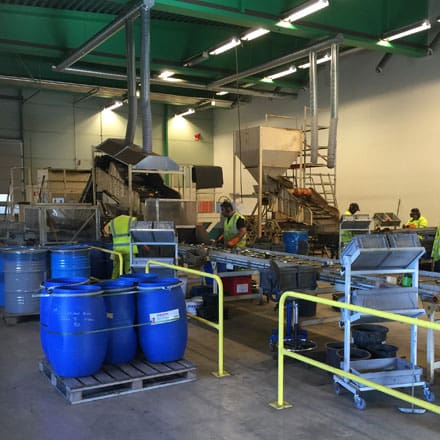
Ecosurety and Belmont said that they estimate that once their plant is operational, 15-20% of batteries will still need to be exported compared with the 100% currently, adding that they are working to find a solution which means these batteries will also not be sent abroad.
“Over £300,000 worth of equipment will be installed on site by September this year to enable the sorting and shredding of batteries to commence from November 2017,” said a statement from EcoSurety and Belmont Trading. Funding is by internal investment.
Damian Lambkin, head of innovation at Ecosurety, which has 154 members of its battery compliance scheme, said: “It is also a big win for producers who will not have to cover the additional cost burdens of sending spent batteries overseas.”
Jeff Borrman, managing director of Belmont Trading UK said: “We strongly believe that greater transparency between producers and reprocessors can revolutionise their relationships, a vision we know is 100% shared by Ecosurety, and we look forward to helping domestic battery producers extract maximum economic value with minimum environmental impact by recycling in the UK.”
BatteryBack
The other UK plant, (see letsrecycle.com story) opens next month (September 2017) in Halifax.
David Reynolds, who is group technical director at Garforth-based WasteCare, which runs the UK’s largest battery compliance scheme, BatteryBack, which also operates a battery collection service for its members, said: “We will start to crush and process batteries at our Halifax facility in September 2017. We first released our plans for the plant in 2016 when WasteCare announced that they had purchased Veolia’s share of BatteryBack.
“As stated then, WasteCare has an advantage that it will be recycling its own batteries through the plant as it is a UK-wide collector of non-lead acid portable batteries.”
G&P Batteries
Longstanding battery collector G&P Batteries based in Darlaston, West Midlands currently collects batteries from across the UK working for several battery compliance schemes, including Valpak and ERP, and other customers.
Managing director Greg Clementson said that the company currently works with compliance schemes to increase the recycling of non-lead acid batteries and has secure export markets for the batteries.
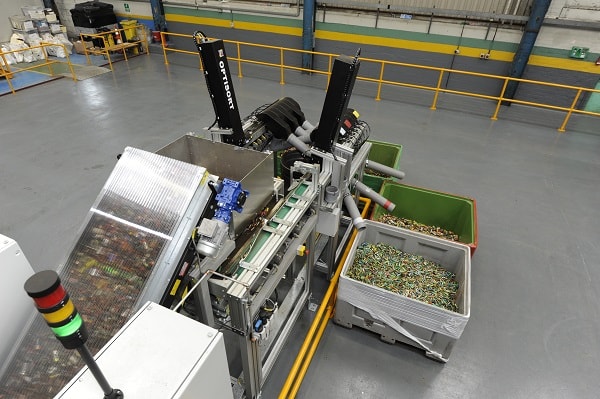
“Now we will certainly consider both the markets available for battery reprocessing within the UK as well as in Europe. We would expect to have details of the recycling efficiencies of the new plants so that we can compare them like-for-like with our current reprocessors. We will also need to make that the commercial and compliance relationships work well.”
Value
Used batteries are understood to have insufficient metallic value to cover the cost of collection and reprocessing with about a fifth of the battery made up by paper, plastic and organics materials.
Zinc is an important component for recycling as well as small amounts of other metals including manganese, aluminium and copper.
The costs of processing are met by a gate-fee charged by the recycling plants and this in turn is covered by the compliance obligations under the Accumulators and Waste Batteries Directive. Recently targets have been tightened as Defra has revised figures after it was found that lead-acid batteries (such as those found in security systems) were being counted wrongly instead of portable batteries (such as in torches). Some in the batteries sector still feel that the amount of lead acid batteries reported as being recycled is still too high in comparison to the amount put on the market each year.
Related links
Government guidance on batteries and producer responsibility




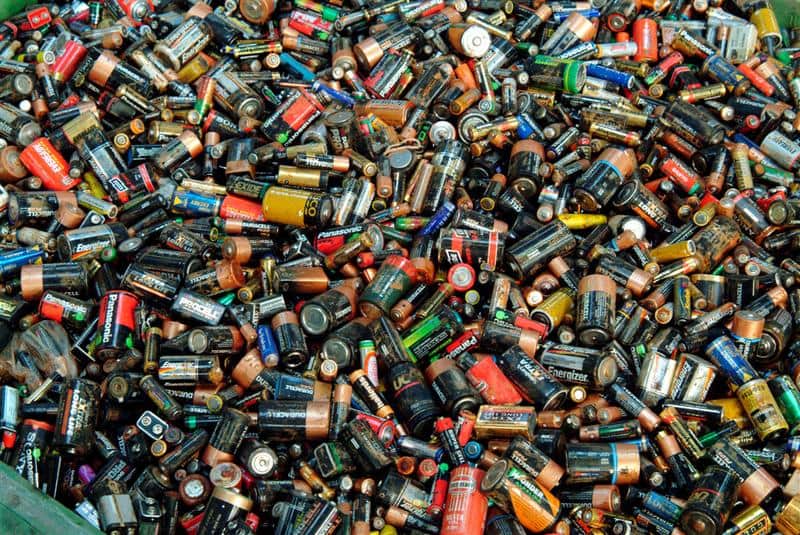

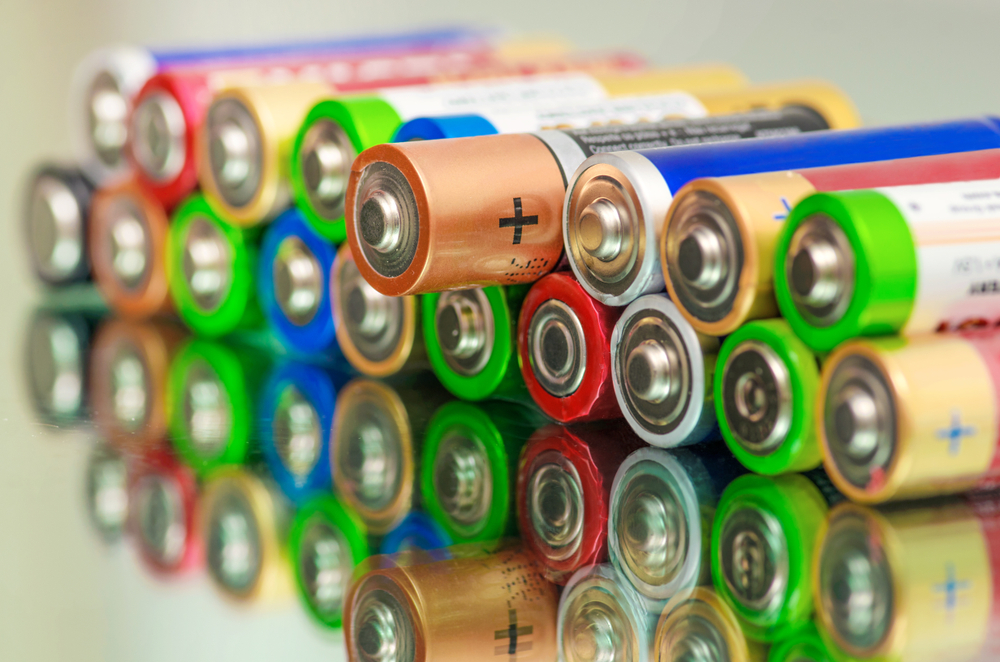

Subscribe for free